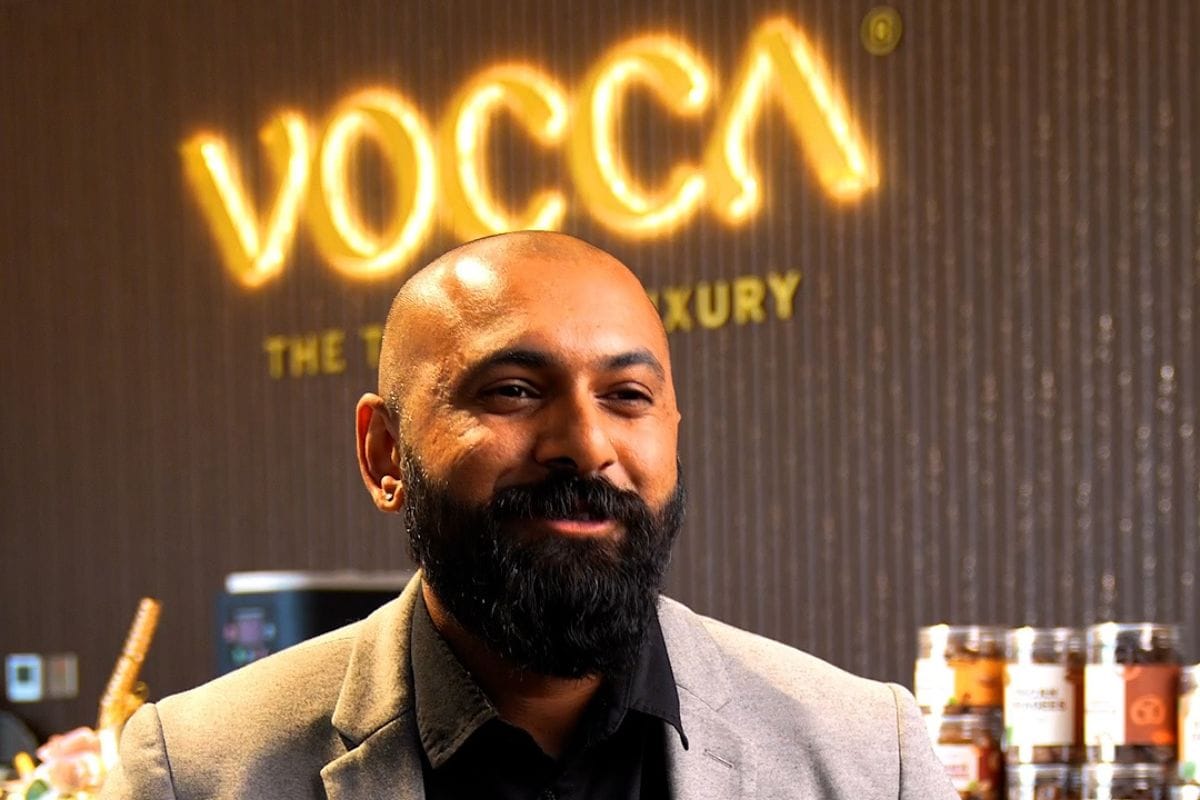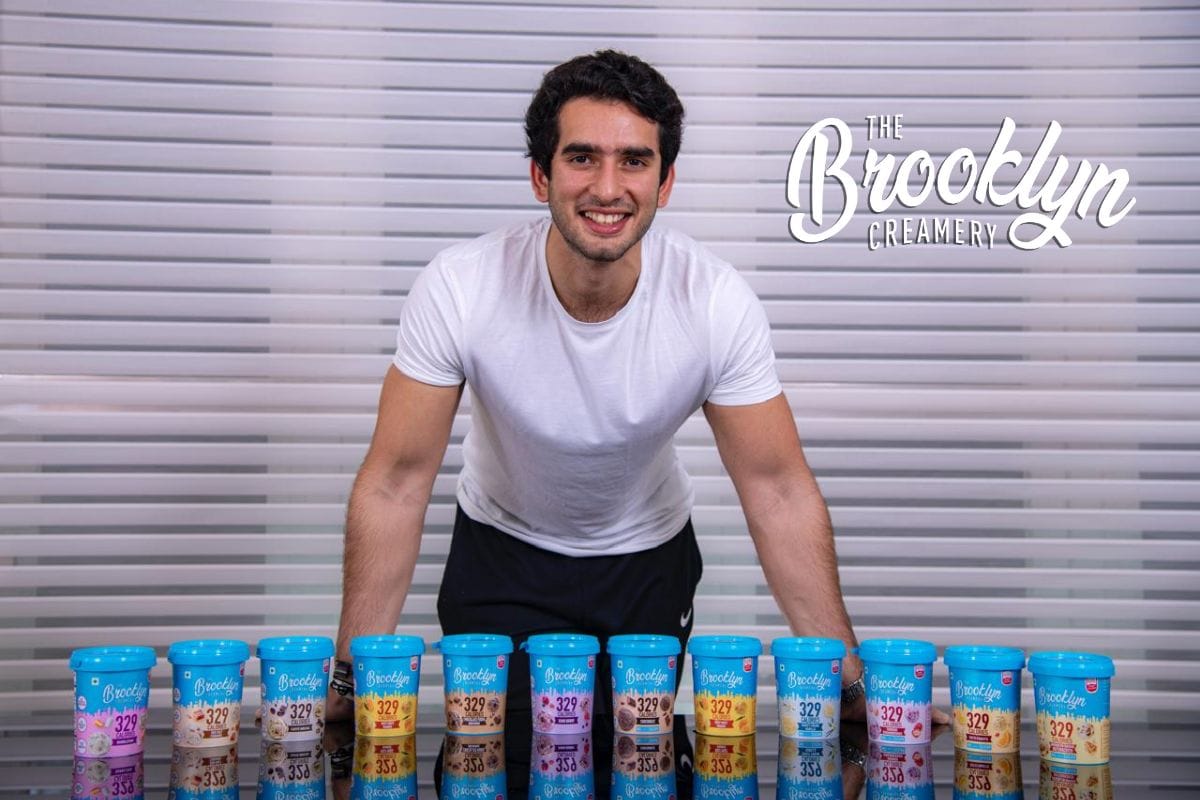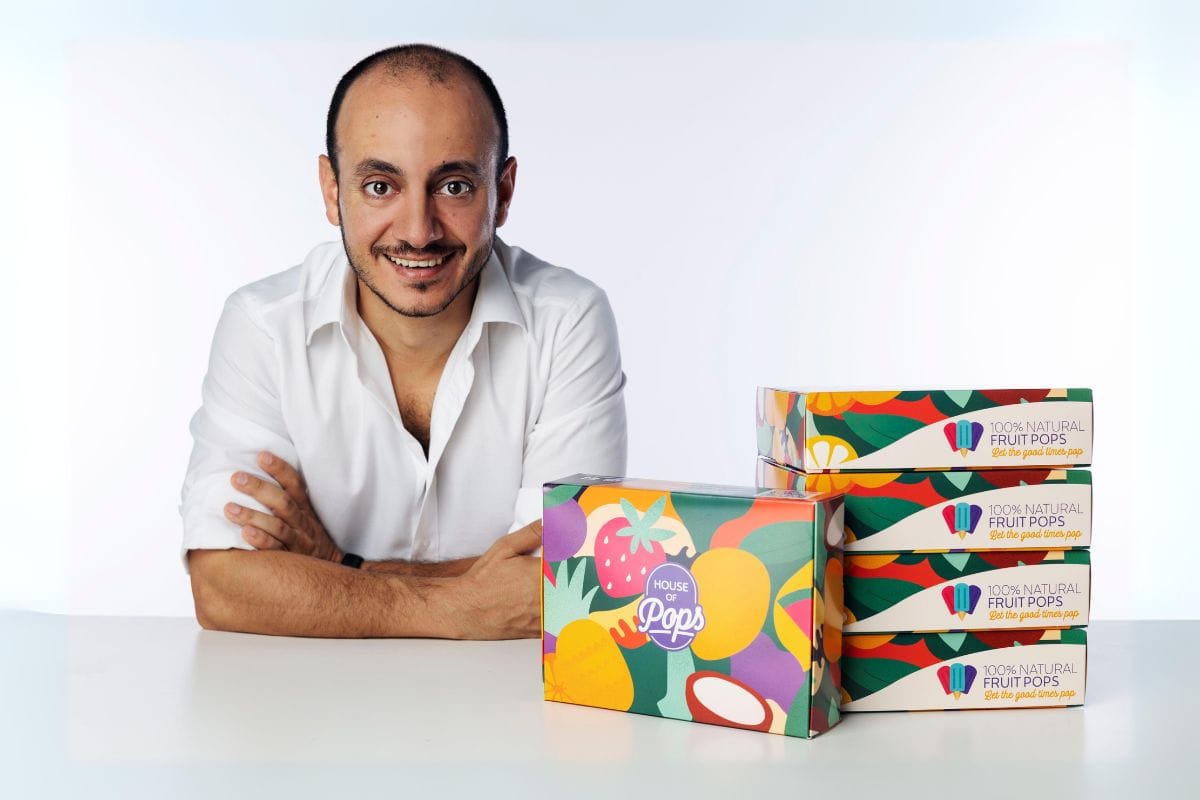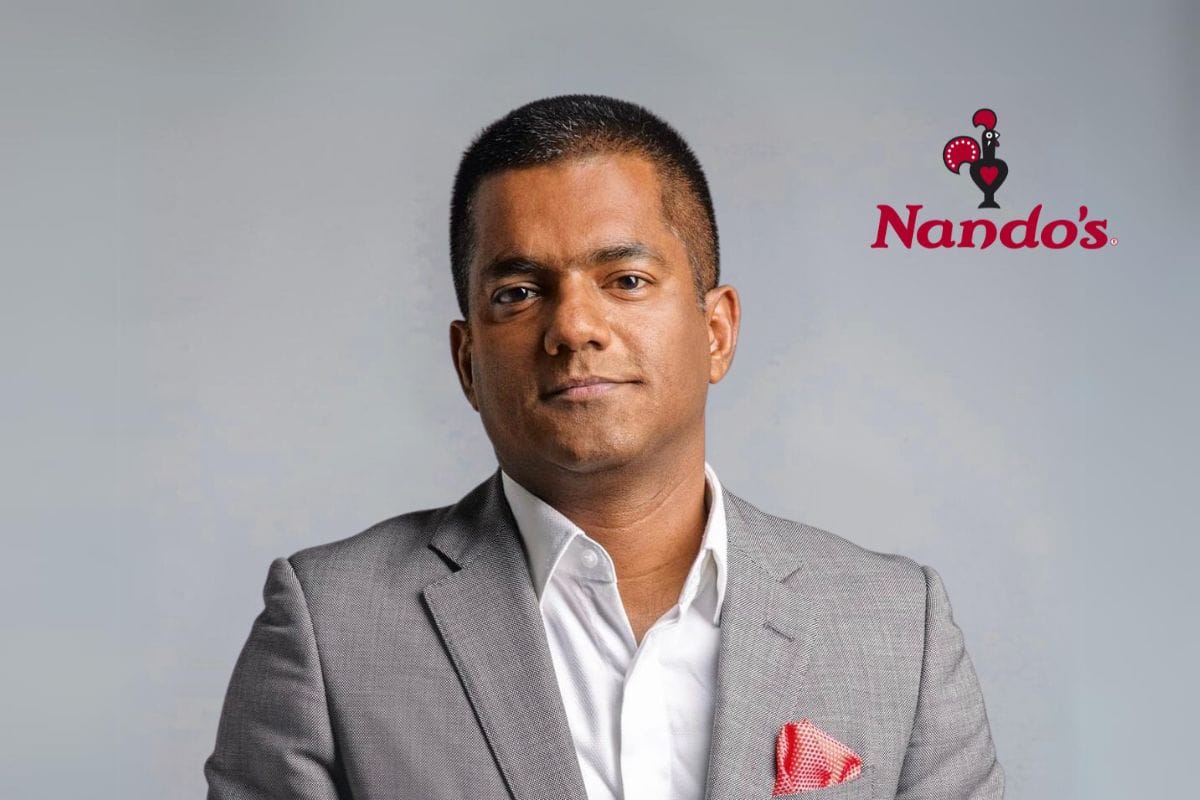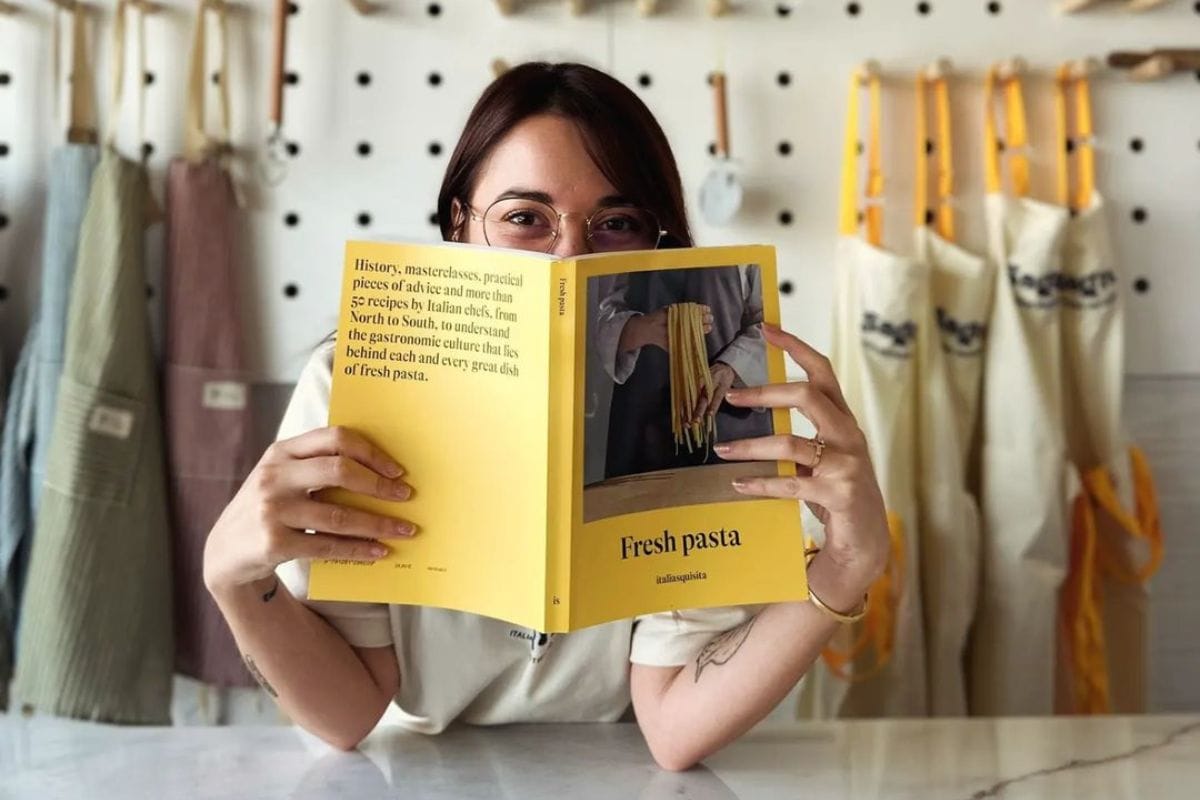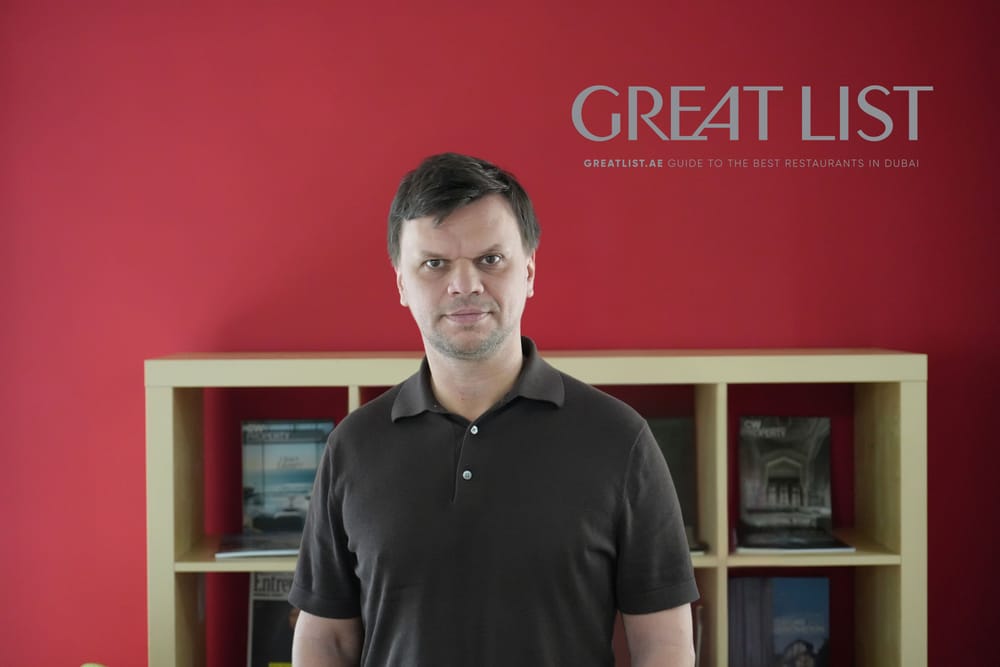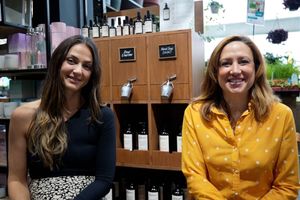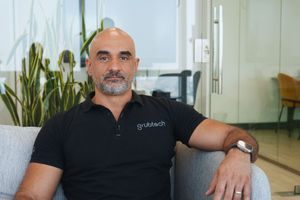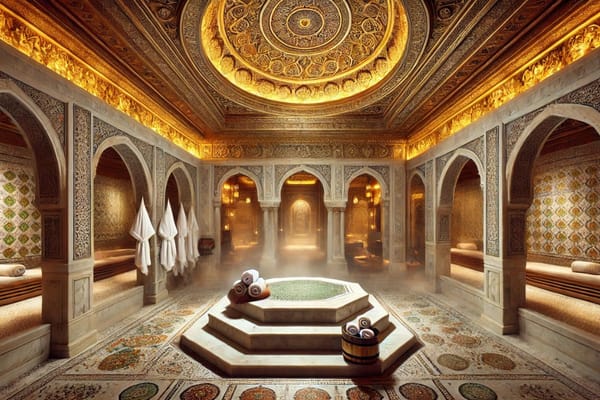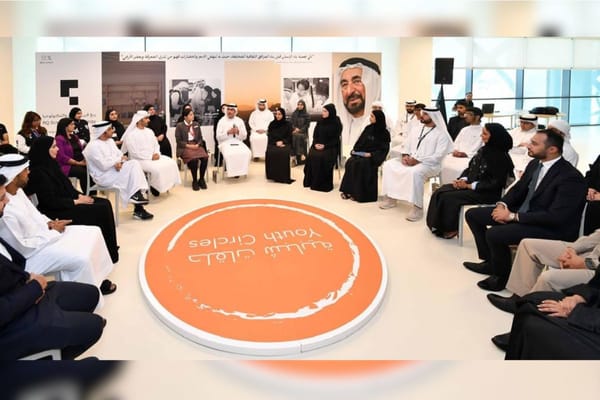Alexander Sysoev, a dynamic entrepreneur and the founder of Great List, has redefined the culinary landscape with his innovative approach to dining guides and food ventures. With a background as a marketing director for major companies and the creator of one of Russia’s largest gastronomic festivals spanning 50 cities and 1,000 restaurants, Alexander has long been at the forefront of the food and beverage industry. His work extends beyond restaurants to include eco-friendly agritech projects and sustainable food technologies. As a co-owner of several F&B ventures and a key figure in the Russian Union of Restaurateurs and Hoteliers, he combines strategic vision with hands-on expertise.
Now channeling his passion into Dubai’s vibrant gastronomy scene, Alexander aims to elevate Great List into a global dining guide, celebrating the city’s world-class culinary offerings while supporting both homegrown and international talents. In this interview, he shares his journey, the evolution of Great List, and his vision for the future of dining in Dubai and beyond.
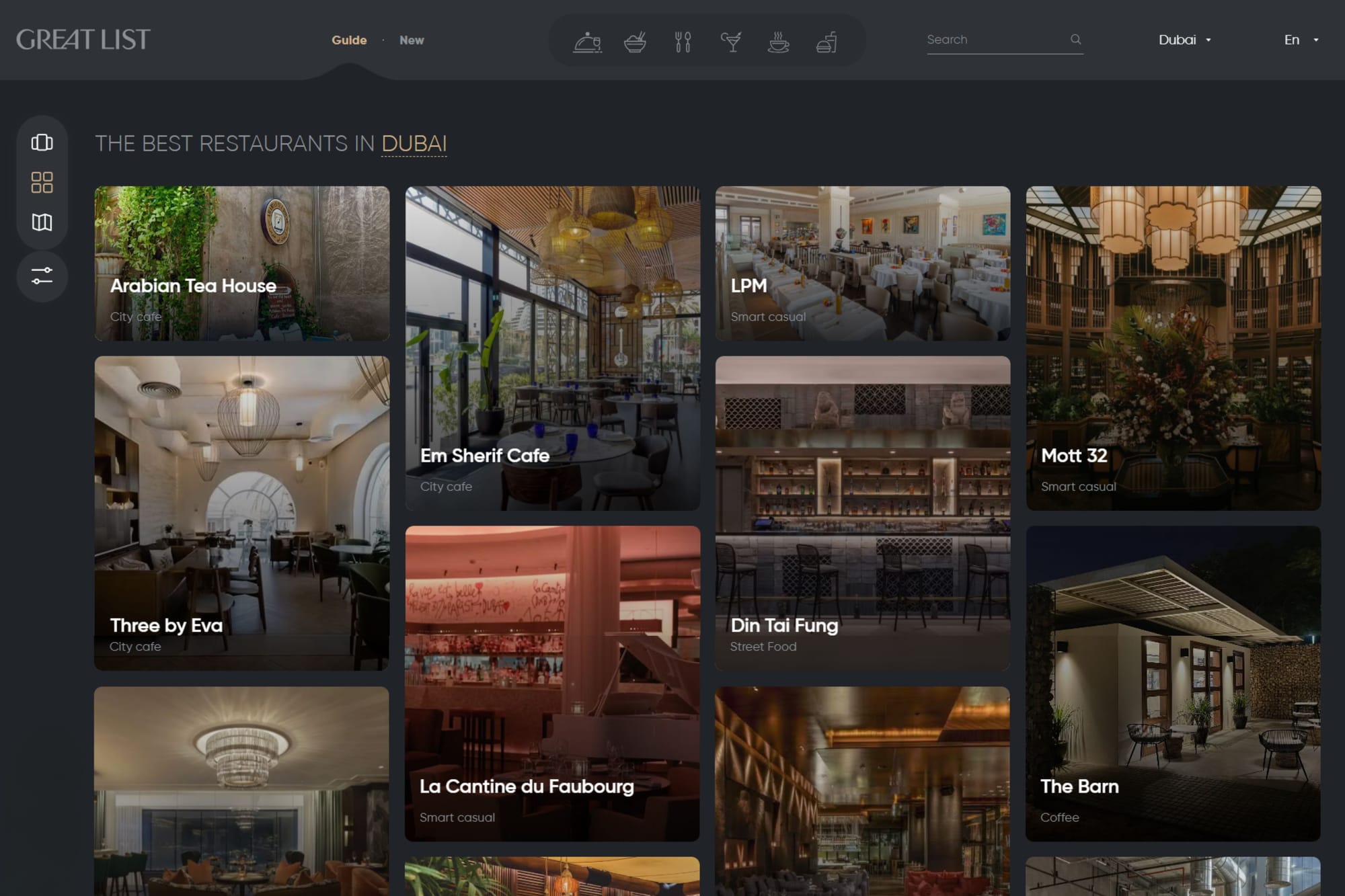
How did you enter the world of gastronomy, and what inspired you to start Great List?
After a successful career in marketing, including roles as marketing director for major companies in fitness, IT, and e-commerce, I shifted my focus to gastronomy, a field I am deeply passionate about. In Russia, I launched several significant projects, including a groundbreaking gastronomic festival held across 50 cities and 1,000 restaurants. Over its nine-year run, the festival has sold approximately 180,000 gastronomic sets annually, becoming a pioneering and highly popular event.
When Michelin left Russia, I created the Great List guide to fill the void, launching it in five cities and translating it into English and Arabic to cater to international tourists. The guide became a hit, with one in five tourists in Moscow now using it to explore dining options. My frequent visits to Dubai, a city with a rapidly expanding gastronomy industry, inspired me to expand the guide to the Middle East.
The Great List is unique because it doesn’t rank restaurants or announce annual winners. Instead, it serves as an evolving media guide, highlighting new restaurants as they open and monitoring their quality for six months.
Restaurants are categorized into six segments—fine dining, smart casual, urban cafes, and more—helping users choose based on their dining purpose, such as a date night or a casual business lunch.
Dubai’s status as a global tourist hub with a vibrant dining scene made it the perfect destination for the guide. Russian tourists, in particular, seek out not only branded chains but also unique homegrown restaurants offering Arabic or other cuisines. The Great List’s adaptable concept suits foodies worldwide, and I plan to further expand its reach starting with Dubai.
Could you describe the criteria you use for evaluating restaurants, and how do you select the evaluators?
Every restaurant is visited 3 to 4 times by evaluators who remain anonymous and pay for their meals themselves. The main criteria includes food quality, but we also evaluate the design, atmosphere, service details, music, and overall comfort.
While many places serve amazing food, they may lack coziness or ambiance. We look for restaurants that combine great food with a comfortable, enjoyable experience. This includes everything from the chairs to the décor and overall vibe.
Food is the primary focus, but we also emphasize the details that contribute to a memorable dining experience. For example, even fast-food places can be featured if they offer excellent food alongside a well-designed, appealing atmosphere.
The evaluators are not connected to the restaurant industry. They include company owners and top managers who have high incomes, travel extensively, and can differentiate between good and exceptional experiences. They are foodies with refined tastes, which makes them ideal for judging restaurants. I do not personally judge the restaurants, as it’s essential for evaluators to represent what discerning customers like them are looking for in dining experiences.
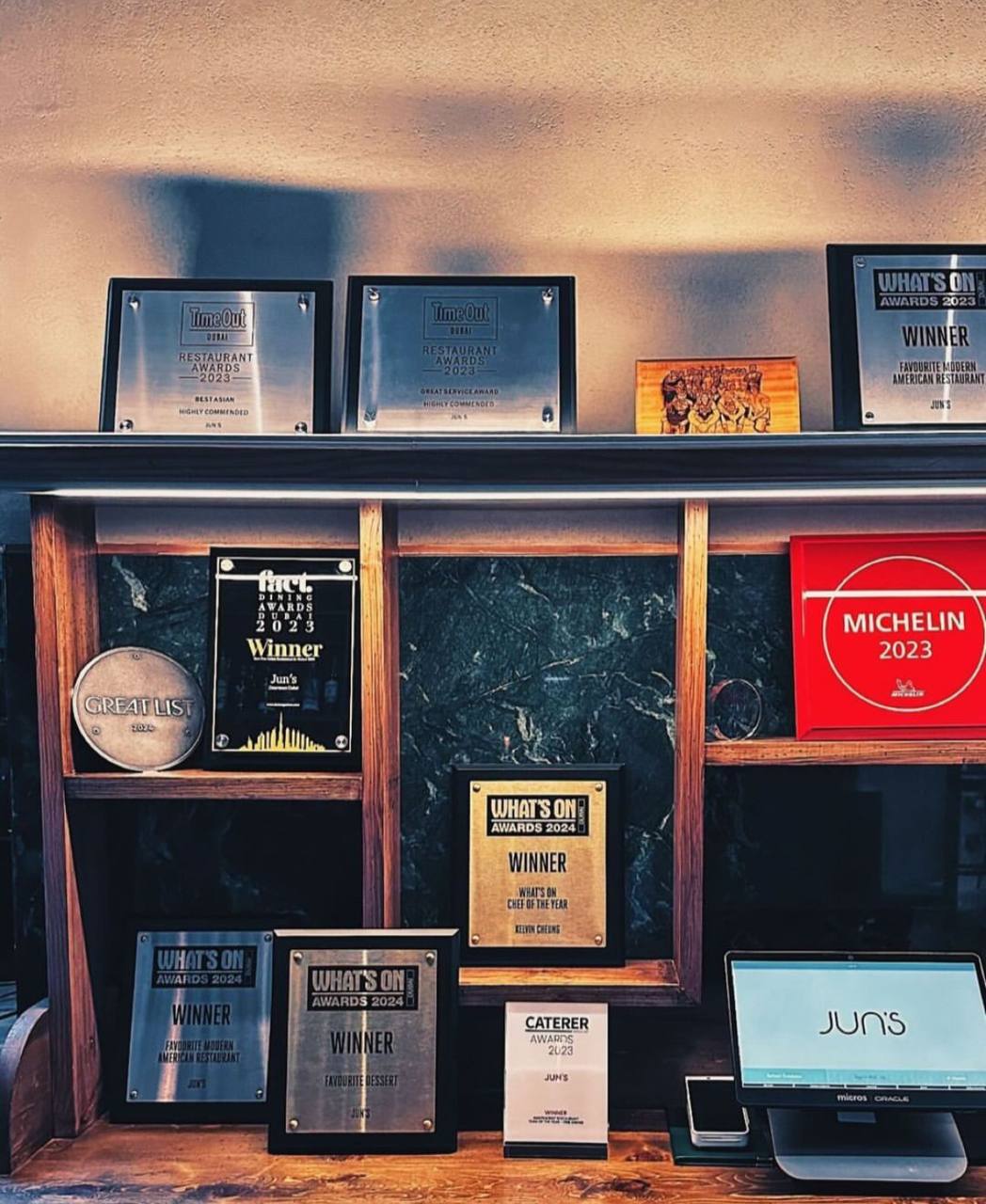
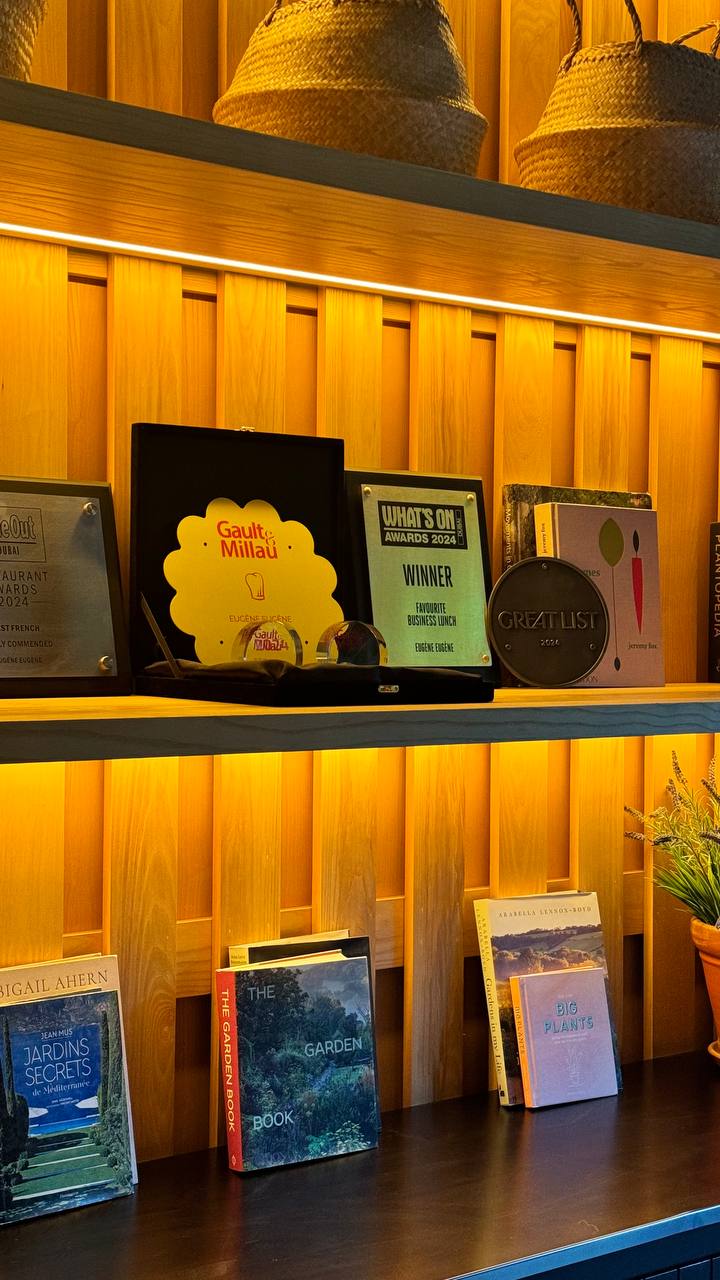
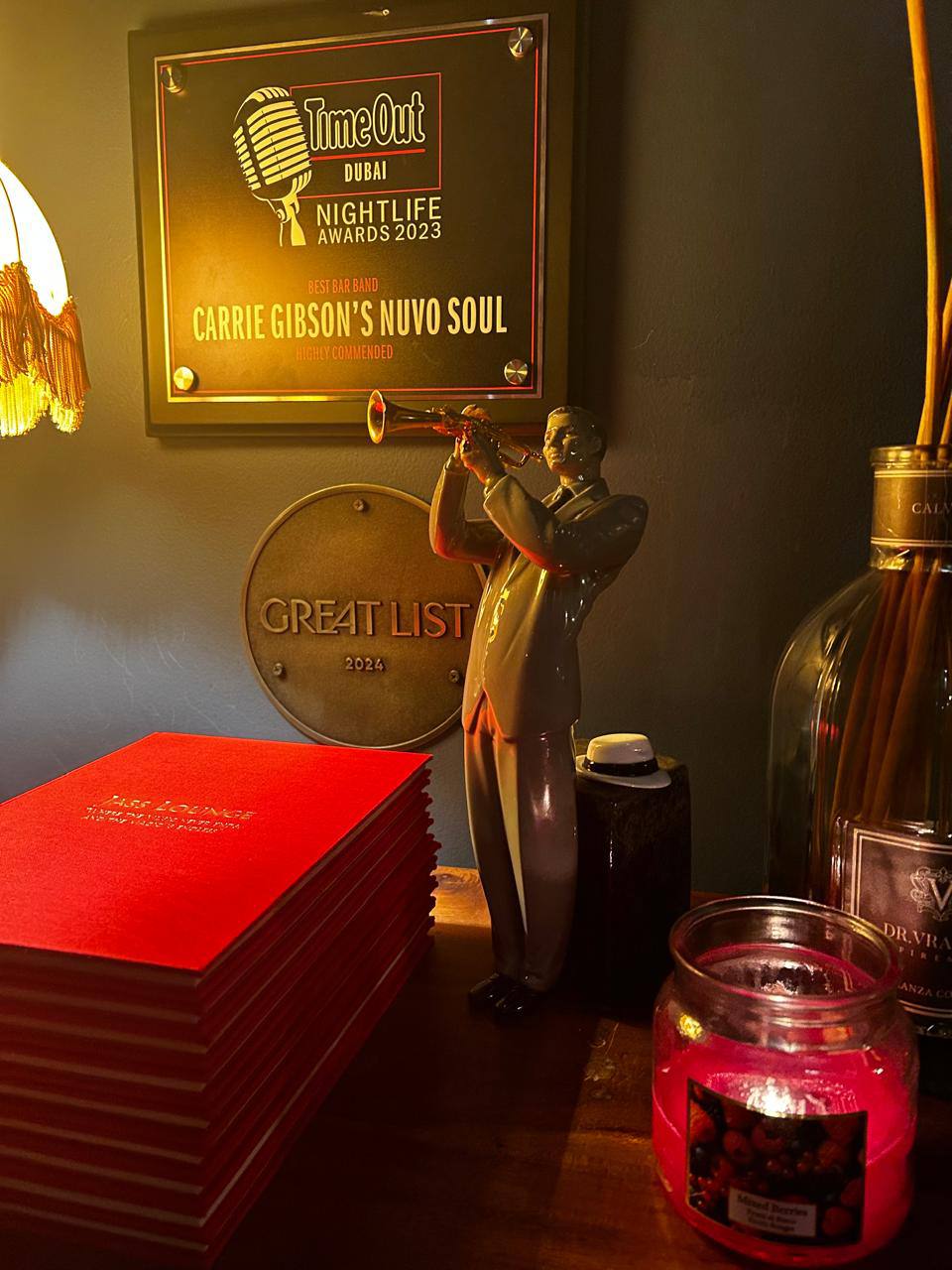
Great List signs in restaurants
How can a restaurant join the Great List? Is there an application process, and are there associated fees for evaluation?
Restaurants can contact us directly, but we are well aware of all new openings. We maintain a very extensive list of potential venues. If a place has opened recently, chances are our team has already visited.
Our team of approximately 45 members actively scouts for the best new restaurants through media, social networks, and other platforms.
While it may take some time to complete the necessary 2 to 4 visits, we ensure a thorough evaluation process. Restaurants are carefully assessed, and everything is meticulously covered before they are added to the Great List.
How do you track and analyze user behavior on Great List’s platform, and which specific metrics do you prioritize to measure website success?
We have a platform that includes our website, and we also partner with mapping services like Urbi in Dubai and 2GIS, which operates in Russia. Every restaurant featured on the Great List is marked on these maps.
Our focus is not on generating massive traffic but on attracting users who are genuinely looking for the best in their category. The primary goal is to increase the number of bookings for the restaurants listed.
For example, in Russia, we facilitate approximately 40,000 restaurant bookings daily through our guide. In Dubai, we are working to increase this number. Currently, we see around 6,000 to 7,000 users daily in Dubai. My long-term goal is to raise this number to 50,000 daily bookings in the future.
Right now, we aim to maximize bookings per restaurant, with a target of 200 bookings per day for the next five years. This metric serves as our primary KPI for success.
What factors influence your decision to add new languages, and how is the translation process managed?
We value all languages and cultures, so we select the most commonly used languages for our target audience. Initially, we assumed everyone would use English, but we found that describing places in native languages makes the content more relatable and engaging. That’s why we added Arabic, which makes it easier for locals to read our articles.
We also added Chinese because we expect an influx of Chinese tourists in Russia and the Middle East over the next two to four years. Russian is another priority, given the significant number of Russian tourists in Dubai, Qatar, and Abu Dhabi.
We hire top translators who are native speakers to ensure high-quality translations. This ensures the language used is precise, engaging, and culturally appropriate—not robotic or generic, as seen with AI tools like ChatGPT or Google Translate.
What strategic partnerships and initiatives have you pursued in Dubai to promote Great List?
We are still in the early stages of developing partnerships in Dubai. Currently, we have a collaboration with the Arabic messenger app Tawasal and the mapping service Urbi, which is also expanding in Dubai.
We are actively exploring new partnerships and hope to collaborate with prestigious brands. For example, a partnership with Emirates would allow us to provide content for their Russian-speaking clients.
Our approach is deliberate and strategic. Dubai is a city where long-term planning is crucial, so we focus on creating a strategy for the next ten years rather than rushing into decisions. We aim to form partnerships with the best companies and work on unique, innovative projects together. While this process takes time—three, six, or even twelve months—we are confident that within two to three years, we will secure strong partnerships that will significantly support our growth.
How has Great List's restaurant curation process in Dubai evolved compared to other markets like Russia, and what challenges or opportunities have you encountered in each region?
Great List's approach to restaurant curation in Dubai differs significantly from its process in Russia. In Moscow, where the guide launched as the first of its kind, it quickly gained recognition due to the founder's established reputation in the gastronomy industry. In contrast, Dubai's competitive landscape features numerous established restaurant guides, making it more challenging to stand out.
The goal for Dubai is to position Great List as a unique, standalone project and become one of the top ten guides in the next few years.
Dubai's advanced IT infrastructure provides opportunities to enhance customer experiences through seamless online booking and integrated services, a feature still developing in Russia. The guide aims to leverage this technology to introduce innovative features like a gastronomy calendar highlighting special events, restaurant openings, and curated experiences.
A new section in the guide focuses on chefs and restaurateurs, aiming to connect diners with the personalities behind the cuisine. It also links restaurants within the same group to help users discover similar venues. In both markets, the guide emphasizes chef-recommended dishes, providing users with a curated list of the restaurant's best offerings to ensure a memorable first experience.
While challenges in Dubai include fierce competition and diverse customer preferences, the market's technological advancements and vibrant dining scene offer significant opportunities for innovation and growth. Great List is committed to blending these strengths with its proven strategies to create a standout dining guide.
With many outlets already covering Dubai’s dining scene, do you foresee challenges in building trust with consumers and businesses for Great List?
Our process is simple and user-driven. First, you check the guide for places you already like. If your favorites are listed, that's the first positive sign. Next, you visit some new places recommended by the guide. If you enjoy those, that’s another mark of trust. Lastly, you explore the newly added spots in the guide. If you find those satisfying, the trust is solidified because our recommendations align with your taste.
This process of building trust takes time—it’s not instant and can take years. But we’re not in a hurry. We focus on quality and let word-of-mouth naturally build credibility. For example, people might say, “This guide is great in Dubai, reliable in Moscow, and excellent in Doha.”
Personally, when I return to Moscow after a few months, my team has already curated five new must-visit spots in the top ten. I trust their selections because their tastes align with mine. That’s why I rely on the Great List even in cities I haven’t visited in a long time—it helps me discover the best options in any category.
We aim to reach a million users who appreciate our recommendations and share our taste. We are working hard to create high-quality content, bookings, and more. In the future, we plan to introduce a special feature on our website where users can log in, rate restaurants, and even evaluate individual dishes. This might take 2-3 years, but it will allow users to contribute to a visitor-driven rating system, enhancing the guide by marking both restaurants and standout dishes.
How many homegrown businesses are listed on Great List compared to international brands? Is there a strategic emphasis on highlighting local businesses?
Currently, the ratio is roughly 50-50 between homegrown businesses and international brands. However, we foresee a significant increase in the number of homegrown brands in the guide. While this isn’t an explicit goal, Dubai’s local restaurants are excelling and competing strongly with global chains.
In the next 3-4 years, we estimate that homegrown brands will make up about 80% of our listings.
Dubai’s restaurateurs are highly educated and experienced, creating standout establishments like Bait Maryam, known for its exceptional Lebanese flavors. This evolution reflects broader industry trends where local businesses are becoming dominant players, not only in the Middle East but potentially on a global scale. Many of these homegrown brands have the potential to expand internationally, offering strong competition to global chains in the coming years.
Do you have plans to expand Great List’s coverage to other sectors such as shopping, entertainment, or tourist attractions?
Our focus will remain on hotels, as we see a strong connection between hotels and restaurants. I don’t see how we could integrate, for example, a Gucci store into our platform. We will stay dedicated to gastronomy, lifestyle, leisure travel, and related areas.
What are Great List’s primary revenue streams, and what is your projected growth target for the first year of operations here?
Currently, I’m personally funding the project and plan to continue doing so for the next few years. We’re not focused on generating immediate revenue. Our priority is to establish a strong foundation, demonstrate the quality of our services, and then consider budgets later. This is not our primary goal at the moment.
I aim to create a bridge between major cities, connecting people to the best hotels, restaurants, and cafés. For example, we’ve seen great success in Moscow, and I’m confident people there love our offerings. Similarly, I want to showcase Dubai’s vibrant hospitality industry to Russian audiences. Many Russians are already looking to the Great List for guidance when they visit Dubai because we are a trusted brand in Moscow.
Our goal now is purely growth. We aren’t generating revenue in Dubai yet, but in three years, we may explore partnerships with financial systems, banks, or payment platforms. In Russia, we already have excellent sponsors, including the country’s best bank, leading airline, and top developers. Budgets in Russia are not an issue, but for Dubai, we are focusing on establishing ourselves first.
Given your focus on sustainable food technology and eco-friendly agritech, are there any innovations in this sector locally that you’d consider for investment?
I haven’t explored this area in Dubai yet, so I can’t provide an informed answer. However, I’d be interested in considering investments in the future. Currently, my investments span Moscow, St. Petersburg, Kazakhstan, and Dubai. For example, we recently launched a new mineral water brand in Russia, which is now available in 302 venues within just three months—a rapidly growing project.
Most of my investments are connected to HoReCa, lifestyle, and hospitality, but the guide remains my favorite and primary focus for the next five years. I’m also investing in production, hotels, and restaurants. Through these investments, I’ve gained insights into different cultures and business practices, understanding how people negotiate and operate in diverse markets. It’s a fascinating journey.
As Dubai’s food scene evolves, what shifts in consumer preferences do you foresee, and how will Great List adapt its website UX and recommendations to align with these changes?
We have an excellent IT team that makes small, continuous updates every month. However, we don’t aim to adapt to every minor trend or demand from small groups because we position ourselves as a premium guide for those who appreciate the finest experiences.
Our focus is on curating the best solutions rather than catering to every niche request.
That said, we are open to practical enhancements based on meaningful feedback. For example, people often ask about what to order at a restaurant or inquire about the dress code. We’ve added these features—dress code recommendations, for instance—to meet such needs. However, for requests like listing calorie counts for every dish, we don’t see the need. That’s something diners can ask the restaurant directly.
We are intentional in our approach, focusing on the big picture. Over the next three years, we’ll assess whether our strategy is working. If adjustments are needed, we’ll make them. But for now, we prioritize maintaining our vision for selecting the best places and experiences.
Given your diverse portfolio and success in multiple markets, what’s your vision for the future of Great List and the broader culinary landscape in the UAE?
My vision is to showcase Dubai as one of the world’s gastronomic capitals. With just one visit, people can experience the best dishes from top chefs globally. I want to replicate this for every city featured in the guide, whether it’s Moscow, St. Petersburg, Dubai, Abu Dhabi, Qatar, or Singapore.
We focus on cities with high levels of interest and aim to promote the guide as more than just a list—it’s a project that highlights the best places to visit over the next three to four years. Increasing tourism to destinations like the UAE, Russia, and China is one of our goals. We want to share our curated view of the world with travelers, confident that they will appreciate and enjoy the experiences we recommend.
Watch the interview:
Also Read:
